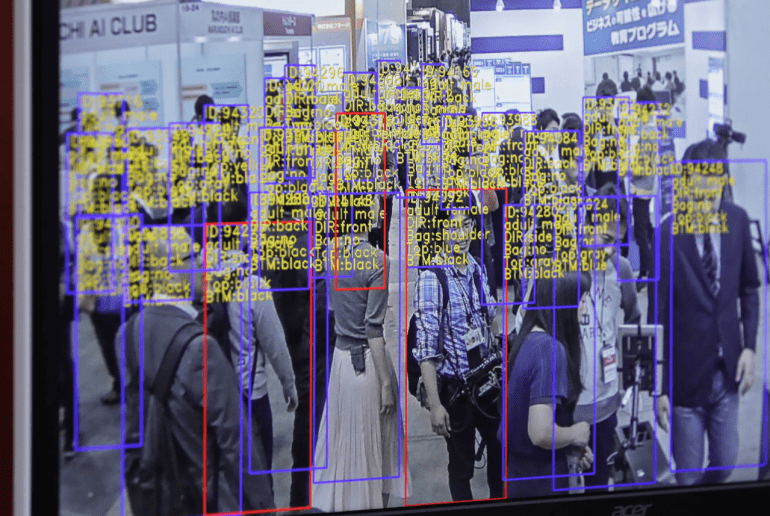- SenseTime, known for facial recognition, sees substantial revenue growth in generative AI, accounting for 34.8% of total revenue.
- CEO Xu Li targets 100% growth in generative AI business for the current year.
- Recent releases include SenseNova LLM and Cantonese Large Language Model for SenseChat.
- Investments in AI infrastructure aim to achieve profitability within two years.
- Despite challenges like U.S. investment ban, SenseTime secures partnerships with major clients in China and Southeast Asia.
- Organizational restructuring sees Dr. Lin Dahua appointed as executive director.
- SenseTime remains committed to facial recognition, passing iBeta’s Level 2 tests for PAD.
Main AI News:
SenseTime, the renowned Chinese AI powerhouse celebrated for its pioneering strides in facial recognition technology, is strategically diversifying its revenue streams towards the burgeoning realm of generative AI.
In a notable revelation, SenseTime Co-founder and CEO Xu Li disclosed a remarkable surge of nearly 200 percent in revenue from its generative AI division during the fiscal year of 2023, amounting to a substantial $163.4 million. This segment now constitutes a significant portion, standing at 34.8 percent, of the company’s overall revenue. Despite grappling with consecutive financial losses since its 2021 Hong Kong IPO, SenseTime is steadfast in its pursuit of growth, fueled by the promising trajectory of generative AI.
Xu Li articulated the company’s ambitious target for the ongoing year, aiming for a 100 percent expansion in the generative AI sector. This strategic focus underscores SenseTime’s proactive stance in harnessing the transformative potential of AI beyond conventional applications.
In a recent development, SenseTime unveiled its latest innovation, SenseNova, touted as a formidable contender to OpenAI’s GPT-Turbo model. Additionally, the company introduced the Cantonese Large Language Model tailored specifically for its chatbot, SenseChat, catering to the unique linguistic landscape of Hong Kong.
SenseTime’s concerted efforts extend beyond product innovation, encompassing significant investments in AI computing capabilities and infrastructure. This strategic pivot aligns with the overarching objective of achieving profitability within the ensuing two years, signifying a pivotal phase in SenseTime’s evolutionary trajectory.
Amidst a backdrop of regulatory challenges and market dynamics, SenseTime adeptly navigates the intricate landscape of the AI industry. Notably, the company grapples with the ramifications of U.S. investment restrictions and geopolitical tensions, exemplified by its inclusion in the U.S. Commerce Department Entity List in 2019.
Undeterred by adversities, SenseTime forges formidable partnerships with an illustrious array of clientele, including prominent entities such as Haitong Securities, China Telecom, and China Merchants Bank. Venturing into new frontiers, SenseTime recently inked a landmark deal with Malaysia’s leading telecommunications network, OCK Group Berhad, signaling its strategic foray into the Southeast Asian market.
In tandem with its strategic initiatives, SenseTime undergoes organizational restructuring, poised to appoint Dr. Lin Dahua as its new executive director. Dr. Lin, a seasoned veteran and co-founder, brings a wealth of expertise garnered from spearheading the Group’s AI infrastructure and large model business.
Despite the strategic realignment towards generative AI, SenseTime reaffirms its commitment to the foundational domain of facial recognition. This resolute stance is evidenced by SenseTime’s successful completion of iBeta’s Level 2 tests for biometric presentation attack detection (PAD) in March, underscoring the company’s unwavering pursuit of technological excellence and innovation.
Conclusion:
SenseTime’s strategic pivot towards generative AI underscores its resilience amidst regulatory challenges and market dynamics. The company’s concerted efforts in diversifying revenue streams and expanding into new markets position it as a formidable player in the evolving landscape of artificial intelligence.

